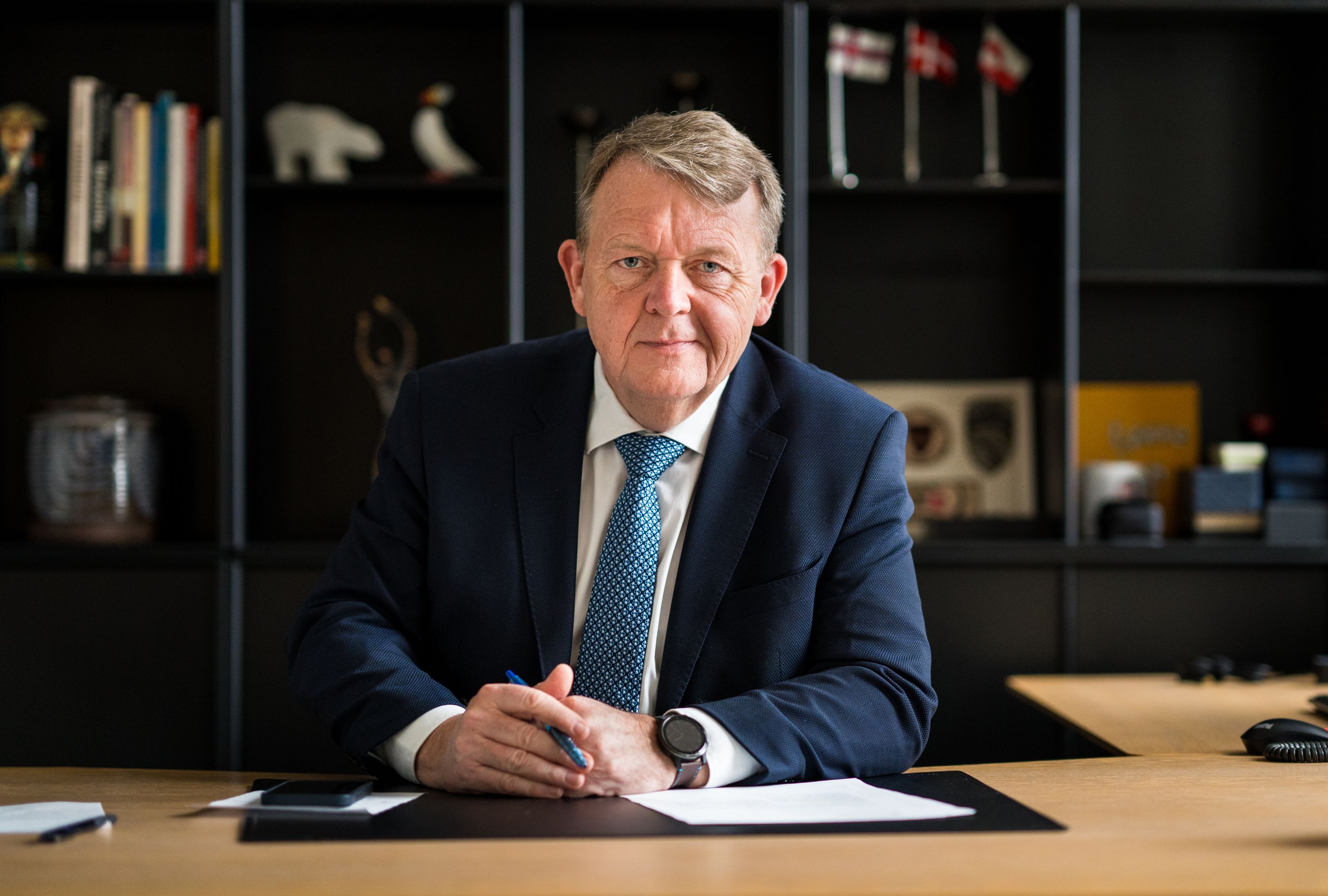The summer break is over in Danish politics. The majority government is already dealing with the first difficult case.
Activists associated with the association “Danish Patriots” have chosen to burn the Quran in front of embassies of Muslim countries such as Egypt and Turkey.
There is nothing illegal about the burnings since Denmark abolished a section in the law in 2017 not to make it a criminal offense to speak out about religions.
Not many Danes think it’s a good idea to burn books, but actual bans don’t fit well with Danish culture and history.
Take care of Danish interests
The government will now change that “to be able to look after Danish interests outside the world, in relation to the security of the Danes, and this applies to a particular extent in this geopolitical situation with war in Ukraine,” Foreign Minister Lars Løkke Rasmussen (M) explained.
Several Muslim countries have expressed strong criticism of Denmark and Sweden in recent days. Why don’t the authorities act against the burning of the Quran?
Sanctions may be on the way, and in July the Swedish embassy in Iraq was stormed by an angry mob.
Denmark has previously been in a violent conflict with the Arab world.
When the newspaper Jyllands-Posten published a series of critical drawings by Kurt Westergaard of the prophet Muhammad in 2005, hell broke loose.
Denmark ended up in an international crisis and conflict, and then Prime Minister Anders Fogh Rasmussen (V) refused to intervene against Jyllands-Posten with the argument that there is freedom of the press in Denmark.
This conflict is not like that, and the government will do everything to avoid ending up in the same situation again.
Doing nothing will leave Denmark alone
“This is not bowing down to anything. It is to face reality and how Denmark puts itself in the best possible position to be able to act,” Løkke Rasmussen said.
“Several days ago, our Swedish colleagues said that in principle they are taking the same step in relation to regulation. If we did nothing, we would be standing here all alone. Would it be in Denmark’s interests? No.”
What the government specifically intends to do is unclear. On Monday, the other parties were briefed, most of whom are very critical of the government’s plan.
A bow to the regime in Tehran and a limitation of freedom of expression, sounds the criticism from politicians and in several Danish newspapers.
“We must not change our legislation because some despotic regimes – which do not even have the remotest respect for even the most basic human rights – threaten the export interests of business, Enhedslisten’s political spokesperson, Mai Villadsen, wrote on X (formerly Twitter).
Justice Minister Peter Hummelgaard (S) does not have a time horizon for how quickly the government can present a legal solution against Quran burnings.
“The government’s initiative should perhaps most of all be seen as a correction of the very broad expansion of freedom of expression that was undertaken in 2017, when the blasphemy clause was abolished,” Hummelgaard said.
Severe terrorist threat
On Monday evening, the Police Intelligence Service (PET) stated that the recent Quran-burnings have intensified the terrorist threat against Denmark, according to the news agency Ritzau.
The threat level is maintained at “severe”, which is level four out of five.
“There is therefore no question that we have changed the level,” writes PET.
In other words, the threat is more serious than before, but it has not intensified to such an extent that PET has found grounds to move the terrorist threat up one level on the scale.













